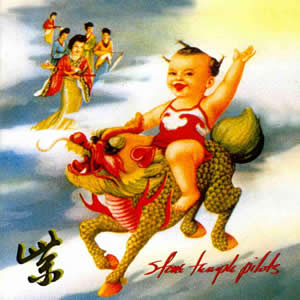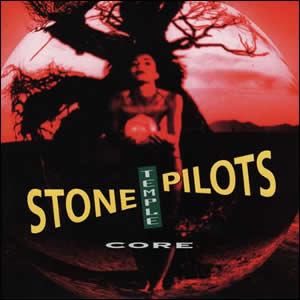Purple by Stone Temple Pilots
Buy Purple Stone Temple Pilots reached their peak early in their career with the release of Purple in 1994. This second album builds off the sounds forged on the band’s 1992 debut album […]

Buy Purple Stone Temple Pilots reached their peak early in their career with the release of Purple in 1994. This second album builds off the sounds forged on the band’s 1992 debut album […]

Buy Core Around 1990, a hard rock band from San Diego, CA called Mighty Joe Young recorded a demo featuring some unorthodox musical styles, such as funk and yodeling and soon began to […]